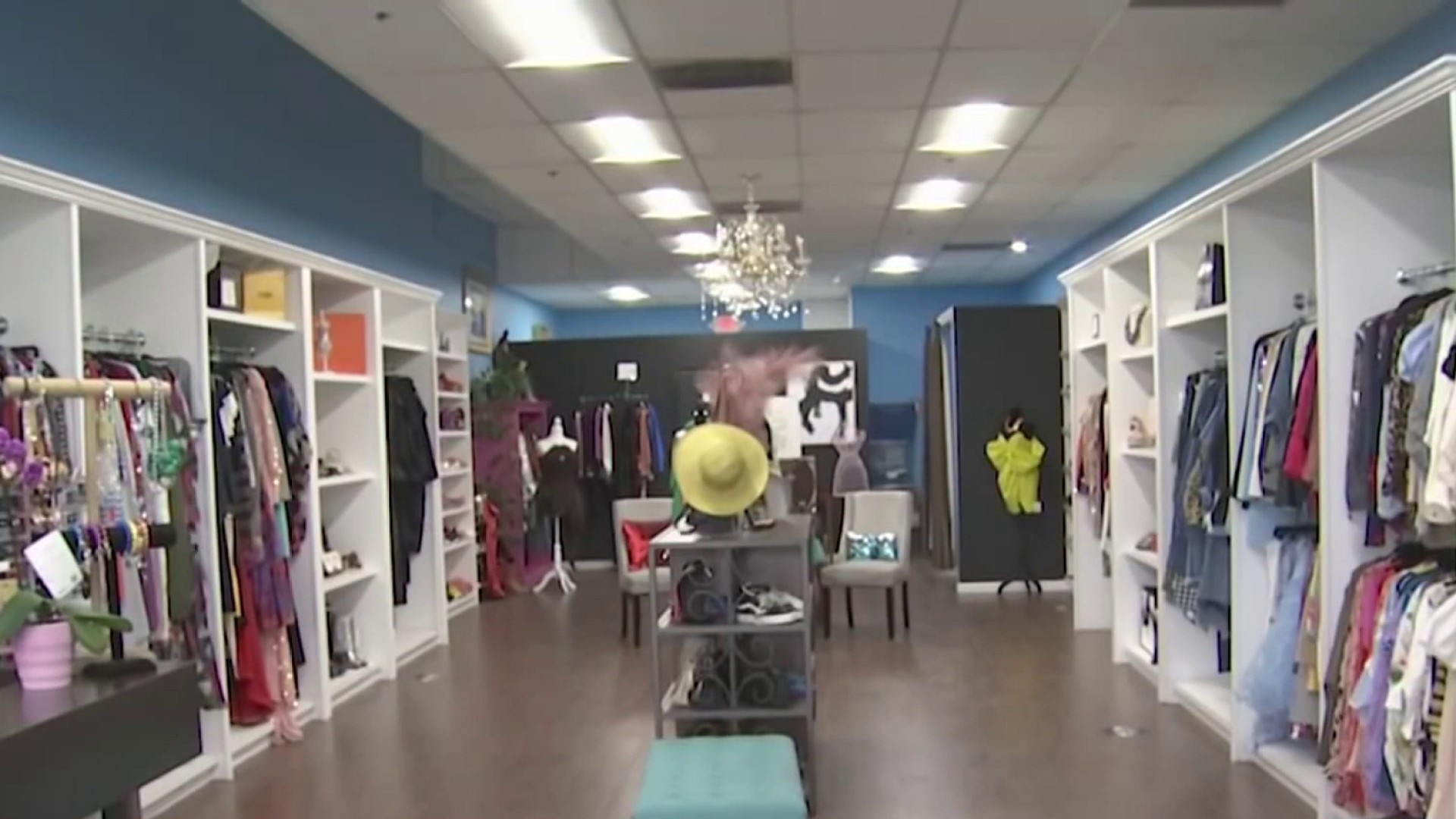In what is being called a victory for retailers, the Senate on Wednesday afternoon voted to let the Federal Reserve limit the fees stores pay banks every time a shopper swipes a debit card.
It’s been an intense lobbying campaign pitting banks against retailers...both claiming a victory would save consumers money.
This fight over debit card fees stems from new regulations passed last year that are set to take effect in July. The new rules would limit the amount of money a merchant has to pay the banks when you swipe your debit card.
Currently when you swipe, the merchant pays a percentage to the bank, based on the amount you are spending. It averages about 44 cents a swipe. The new rules would limit that fee to about 12 cents a swipe.
With debit cards so popular, that adds up to a lot of money. The Federal Reserve estimates merchants pay banks about $16 billion a year in fees when you use your debit card. The banks say if the rules limit it to only 12 cents a swipe it would hurt their bottom line, and they would have to raise fees on other services. This is one issue where small banks and credit unions are arguing the same position as big banks.
Merchants say they need the fee cap, otherwise they will have to raise the price of the stuff you buy and would not be able to hire new workers in stores.
Today’s action in the Senate means the debit fee cap will take effect on July 21.
Local
Washington, D.C., Maryland and Virginia local news, events and information
So what will be the direct effect on consumers? The 12-cent cap means banks will not get as much money each time you swipe your card. Banks say you may see fees for things like checking and savings go up when the new limits take effect.
Merchants have fought for the cap and won. So will we see prices for goods go down? Your guess is as good as mine.
Bottom line: You will not see any specific fee when you swipe your debit card. These new rules have no direct effect on how your debit card affects your bank account.



